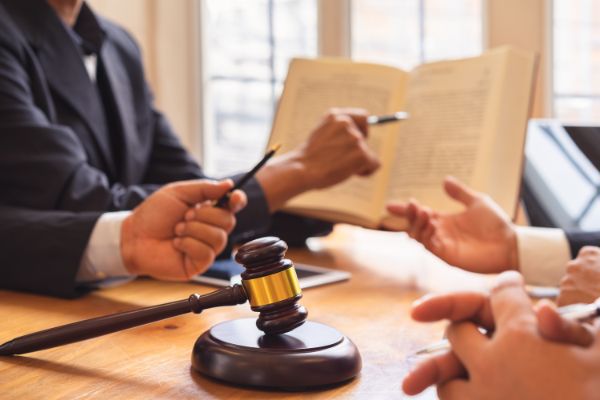The Importance Of Knowing Procedural Law

In many ways, life is full of conflicts between procedure and substance, as is the law. Lawyers must never solely rely on their knowledge of the substantive law. They must realize that knowledge of the substantive law is as equally important as their knowledge of procedural law. Lawyers must respect the fact that law is a combination of both. They must painstakingly acknowledge this combination of substance and procedure or risk failure as attorneys.
Lawyers also tend to categorize every situation they confront as falling into one or the other of two categories, which are apparently supposed to be mutually exclusive and divided by a sharp boundary. Either an assault is an assault, or it is not an assault. Either a rule is procedural or substantive.
How do you draw the line between substantive law and procedural law? Is there really a line that can be drawn? In discussing this analysis, Yale Law Professor Walter Wheeler Cook quoted a colleague in the field of science who said, “one by one we have seen how categories, which at first seem sharply defined, merge one into another, and how every classification when analyzed shows that some imaginary line has been arbitrarily taken as a boundary.”
Perhaps the problem lies in the tacit assumption that the precise point at which the line is drawn between the two categories is the same for all purposes. This is related to the assumption that the “line” is to be “discovered” rather than “drawn” and that it can be located without knowing the purpose of the classification.
Perhaps we must recognize that the “line” may only be drawn only in the light of the purpose at hand. It should not be assumed that as purposes change, the line can be drawn at the same point every time.
19th-century legal scholar and judge, Sir John William Salmond, distinguished substantive law and procedural law as follows:
- “The law of procedure may be defined as that branch of the law which governs the process of litigation. It is the law of actions …. All the residue is substantive law.”
- “Substantive law is concerned with the ends which the administration of justice seeks; procedural law deals with the means and instruments by which these ends are to be attained.”
The common myth is that law concerns substance and only substance. It does not. If anyone should know this delicate fact, it’s lawyers. Yet, almost every lawyer knows a horror story, which may be personal, about a lawyer who lost a case solely because of a procedural error.
It is substance that defines something. It’s this substance that lies at the heart of an area of law that attracts and interests lawyers as scholars and practitioners. It’s why they know that either an assault is an assault, or it isn’t.
In contrast, procedural law is not as equally compelling as the black letter law of a legal subject. It’s not even close. Font, spacing requirements. The number of copies required with each different filing. And let’s not forget filing deadlines. (And let us never forget filing deadlines!) Some procedures are more important than others, i.e., filing deadlines, but this doesn’t make them any more interesting.
Of course, knowledge of the law is crucial to a lawyer’s success. You cannot be a California workers’ compensation attorney if you do not know what constitutes a claim under California law. However, workers’ compensation law is an excellent example of an area of law where the proper observance of procedure is crucial to the approval of a claim, which is why the law exists in the first place.
Anyone consulting with a lawyer for the first time about a matter should inquire about the substantive law in favor of a successful resolution, as well as the substantive law that may prevent it. Once these questions are asked, it is important to ask the lawyer about the pertinent procedural issues. This includes the questions related to the steps involved, the paperwork required to be filed, and the deadlines for filing any such paperwork.
An experienced attorney knows the importance of procedure. Lawyers who have practiced for a substantial amount of time instinctively know what substantive law applies to a given matter. However, any attorney handling a matter in a legal area with which they may be marginally unfamiliar should always begin by researching the procedural issues. Seemingly trivial actions may prevent success. A typo, a late mailing, a missing signature, or a missing notarization may have severe consequences.
Lawyers who have no regard for procedure probably do not have a high rate of success for clients.
Discussions with legendary trial attorneys, F. Lee Bailey and Gerry Spence, inspired founders John Patrick Dolan and Irene Garcia Dolan to start the California Desert Trial Academy. In 2012, CDTA opened its doors featuring a more practical and modern approach to legal education. At CDTA, not only do we train, educate, and develop students to be exceptional attorneys, we also train them to be exceptional trial advocates. Call us today at (760) 342-0900 or find out more online here.


